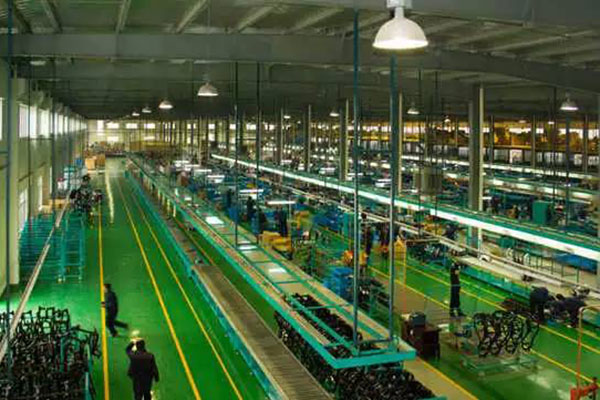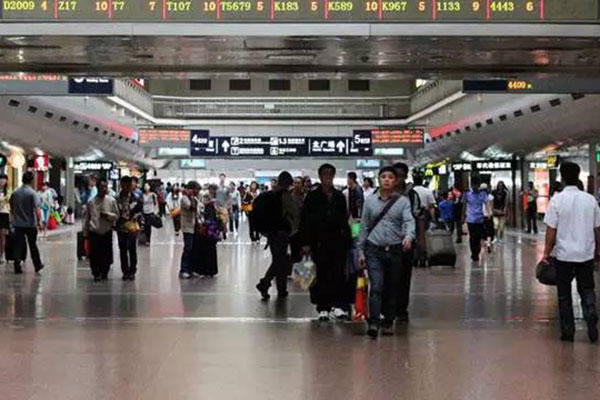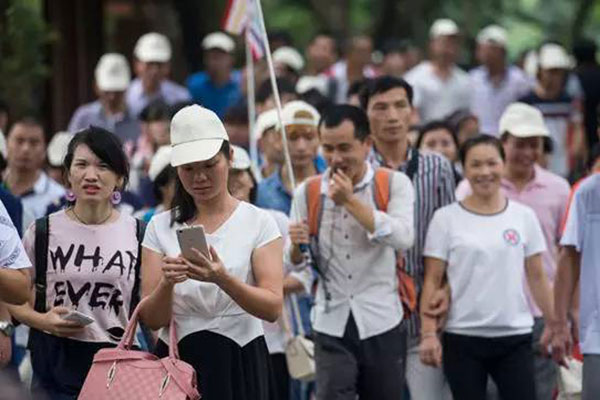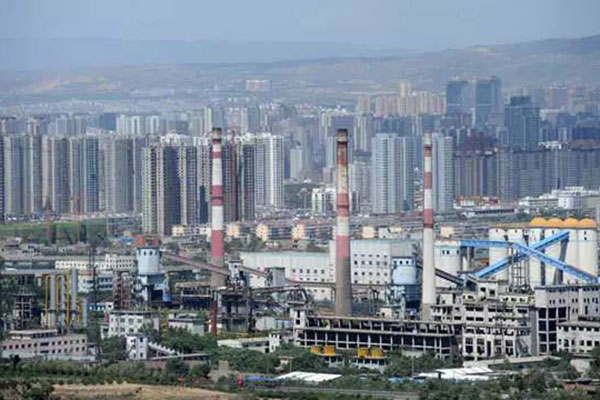More measures to expand consumption, streamline business registration
The State Council executive meeting, chaired by Premier Li Keqiang on Oct 14, decided to further stimulate domestic consumption, in an effort to promote the development of the service industry and upgrade the economy. It also deployed measures to further streamline registration procedures for private businesses, to encourage entrepreneurship and improve business environment.
Details>>More measures to streamline business registration
State Council to build better business environment and promote modern agriculture
The State Council executive meeting chaired by Premier Li Keqiang on Oct 8 decided to further streamline approval procedures for investment projects and foreign enterprises, and build conducive business environment.
The meeting also passed a plan to promote modern agriculture and increase farmers’ incomes.
Details>>China streamlines procedures for foreign investment

State Council issues measures to reduce enterprise leverage
The State Council recently released a circular to reduce enterprise leverage, in an effort to foster a modern enterprise system, promote supply-side reform and strengthen economic resilience.
According to the circular, efforts should be made to promote mergers and acquisitions, improve modern enterprise system, revitalize stock assets, optimize debt structure of enterprises, conduct market-oriented debt-for-equity swap of banks, practice law-based bankruptcy, and develop equity financing.
Details>>Measures to reduce enterprise leverage

China to resolve hukou issue for 100 million rural migrants
The State Council released a circular encouraging hukou grants to rural migrants living in urban areas with steady jobs.
According to the circular, urbanization rate should reach 45 percent by 2020, a two percent drop from 2013 in the difference between urbanization rates of registered population with hukou and permanent residents.
Details>>China to resolve hukou issue for 100 million rural migrants

State Council issues work plan on curbing internet financial risks
The General Office of the State Council has issued a work plan to regulate risks in P2P lending, equity-based crowd-funding, internet insurance, third-party payment, internet-based financial asset management, cross-sector financial service, and internet financial advertising.
The action began in April and is expected to be completed before the end of March next year.
Details>>Measures to help prevent risks in internet finance
Measures issued to deal with internet financial risks
The People’s Bank of China, China Banking Regulatory Commission, China Insurance Regulatory Commission and the China Securities Regulatory Commission have jointly issued four documents, to regulate risks in P2P lending, equity-based crowd-funding, internet insurance, and non-bank payment.

Six departments hit hard on telecom and internet fraud
The Supreme People’s Court, Ministry of Public Security, Ministry of Industry and Information Technology and three other departments have jointly released a circular to crack down upon telecom and internet fraud. The circular will come into force on Oct 31.

Unreasonable low-priced tours to be regulated
The National Tourism Administration recently issued a notice on a half-year campaign against unreasonable low-priced tours. The nationwide action will curb low-priced tourism products, cut related interests chains and impose strict supervision on shopping places.
Nine departments release documents to punish credit defaults found in tenders and bids
The Supreme People’s Court and eight other departments have issued a circular to punish malpractice in tender and bid activities. It specifies people who are blamed for credit defaults should be restricted from participating any tender, bid or appraisal activities.

Five departments support transformation and upgrading of old industrial cities and resource-based cities
The National Development and Reform Commission (NDRC) and four other departments have jointly issued a plan on better supporting transformation and upgrading of old industrial cities and resource-based cities. It laid out overall planning, specific measures, top priorities and supportive policies for the transformation and upgrading of such cities.
